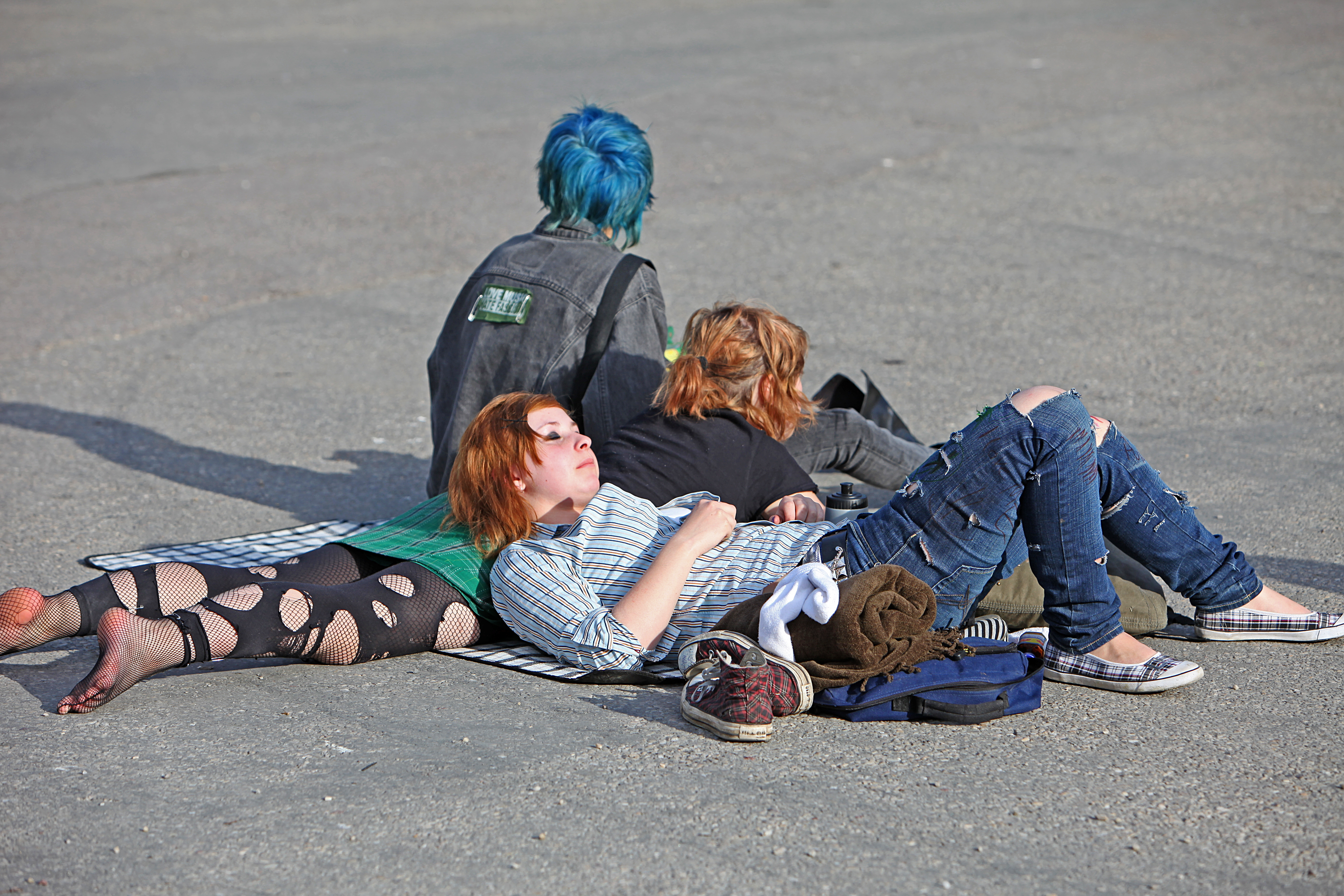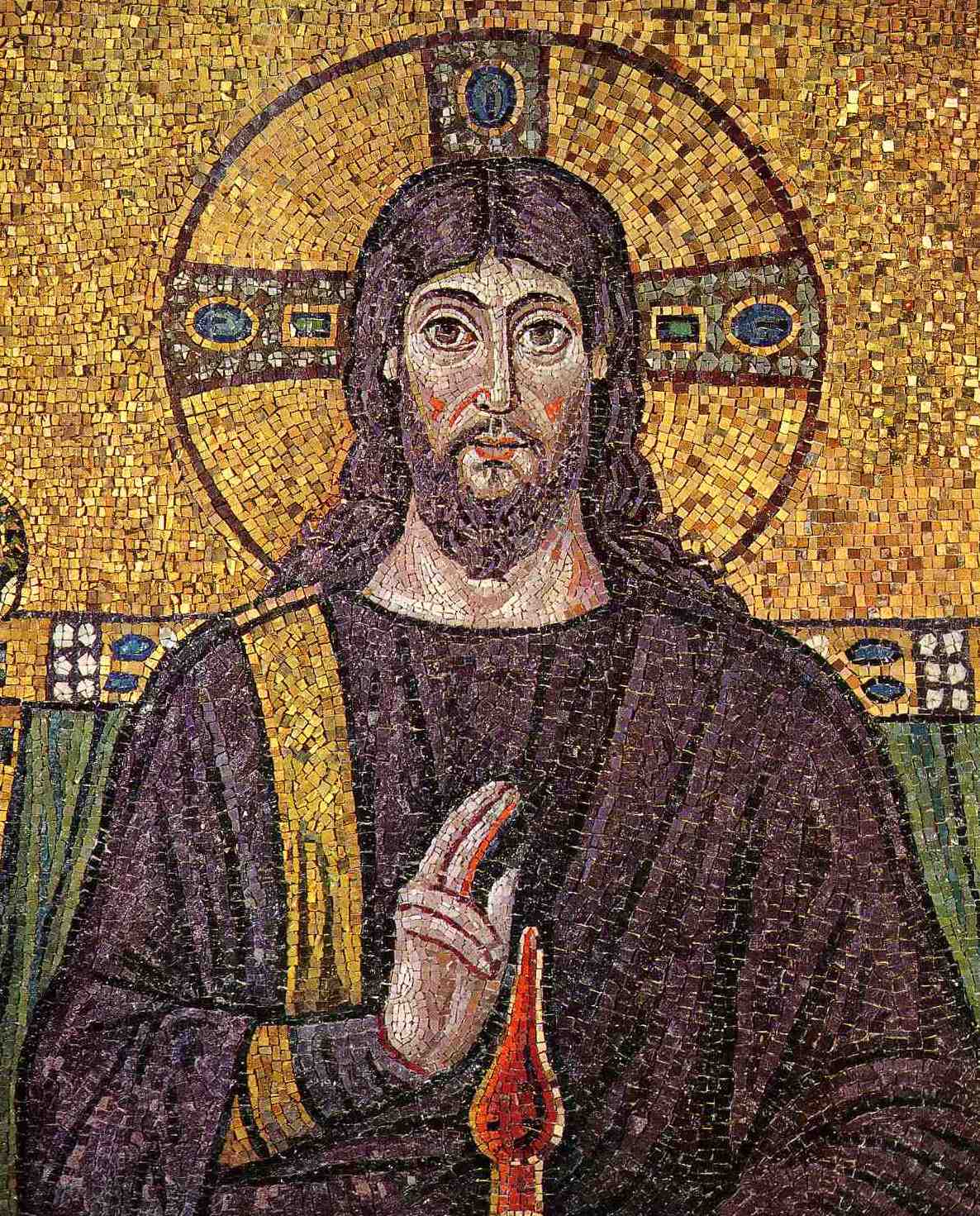|
Christianity In The Netherlands
Religion in the Netherlands was historically dominated by Christianity between the 10th and 20th centuries. In the late 19th century, roughly 60% of the population was Calvinist and 35% was Catholic. Since then, there has been a significant decline in both Catholic and Protestant Christianity, with Protestantism declining to such a degree that Catholicism became the foremost form of the Christian religion. The majority of the Dutch population is secular. A relatively sizable Muslim minority also exists. In 2015, Statistics Netherlands, the government institute that gathers statistical information about the Netherlands, found that 50.1% of the adult (18+) population declared no religious affiliation. Christians comprised 43.8% of the total population; by denomination, Catholicism was 23.7%, the members of the Protestant Church of the Netherlands were 15.5%, and members of other Christian denominations were 4.6%. Islam comprised 4.9% of the total population, Hinduism 0.6%, Budd ... [...More Info...] [...Related Items...] OR: [Wikipedia] [Google] [Baidu] |
Irreligion In The Netherlands
Irreligion in the Netherlands pertains to atheism, agnosticism, and other forms of irreligion in the Netherlands. Irreligion is the majority religious position in the country, and the Netherlands is one of the most irreligious countries in the world. History 17th century philosopher Baruch Spinoza was an early critic of religious authority in the country. Secularization, and the decline in religiosity, started around 1880 and first became noticeable after 1960 in the Protestant rural areas of Friesland and Groningen. It later spread to Amsterdam, Rotterdam and the other large cities in the west. In the 1970s, the Catholic southern areas started to show religious declines. After the Second World War, the major religions began to decline, while the previously insignificant religion of Islam began to increase in numbers. During the 1960s and 1970s, pillarization began to weaken and the population became less religious. In 1971, 39% of the Dutch population were members of the Roman ... [...More Info...] [...Related Items...] OR: [Wikipedia] [Google] [Baidu] |
States General Of The Netherlands
The States General of the Netherlands ( nl, Staten-Generaal ) is the supreme bicameral legislature of the Netherlands consisting of the Senate () and the House of Representatives (). Both chambers meet at the Binnenhof in The Hague. The States General originated in the 15th century as an assembly of all the provincial states of the Burgundian Netherlands. In 1579, during the Dutch Revolt, the States General split as the northern provinces openly rebelled against Philip II, and the northern States General replaced Philip II as the supreme authority of the Dutch Republic in 1581. The States General were replaced by the National Assembly after the Batavian Revolution of 1795, only to be restored in 1814, when the country had regained its sovereignty. The States General was divided into a Senate and a House of Representatives in 1815, with the establishment of the United Kingdom of the Netherlands. After the constitutional amendment of 1848, members of the House of Representatives w ... [...More Info...] [...Related Items...] OR: [Wikipedia] [Google] [Baidu] |
Cultural Identity
Cultural identity is a part of a person's identity, or their self-conception and self-perception, and is related to nationality, ethnicity, religion, social class, generation, locality or any kind of social group that has its own distinct culture. In this way, cultural identity is both characteristic of the individual but also of the culturally identical group of members sharing the same cultural identity or upbringing. Cultural identity is a fluid process that is changed by different social, cultural, and historical experiences. Some people undergo more cultural identity changes as opposed to others, those who change less often have a clear cultural identity. This means that they have a dynamic yet stable integration of their culture. There are three pieces that make up a persons cultural identity, these are cultural knowledge, category label, and social connections. Cultural knowledge is when a person connects to their identity through understanding their culture's core charact ... [...More Info...] [...Related Items...] OR: [Wikipedia] [Google] [Baidu] |
Ietsism
Ietsism ( nl, ietsisme () – "somethingism") is an unspecified belief in an undetermined transcendent reality. It is a Dutch term for a range of beliefs held by people who, on the one hand, inwardly suspect – or indeed believe – that "there must be something undefined beyond the mundane and that which can be known or can be proven", but on the other hand do not accept or subscribe to the established belief system, dogma or view of the nature of a deity offered by any particular religion. Some related terms in English are agnostic theism (though many ietsists do not believe in anything that could be called "god", and therefore are agnostic atheists), eclecticism, deism and spiritual but not religious. Ietsists might call themselves Christian or followers of another religion based on cultural identification with that religion, without believing in the dogmas of that particular religion. Etymology The name derives from the Dutch equivalent of the question: "Do ... [...More Info...] [...Related Items...] OR: [Wikipedia] [Google] [Baidu] |
Christian Atheism
Christian atheism is a form of Christianity that rejects the theistic claims of Christianity, but draws its beliefs and practices from Jesus' life and teachings as recorded in the New Testament Gospels and other sources. Christian atheism takes many forms: * Some include an ethics system. * Some are types of cultural Christianity. * Some Christian atheists take a theological position in which the theistic belief in the transcendent or interventionist God is rejected or absent in favor of finding God totally in the world (Thomas J. J. Altizer). * Others follow Jesus in a godless world ( William Hamilton). * Hamilton's Christian atheism is similar to Jesuism. Beliefs Thomas Ogletree, Frederick Marquand Professor of Ethics and Religious Studies at Yale Divinity School, lists these four common beliefs:Ogletree, Thomas W. The Death of God Controversy. New York: Abingdon Press, 1966. # The assertion of the unreality of God for our age, including the understandings of God which ... [...More Info...] [...Related Items...] OR: [Wikipedia] [Google] [Baidu] |
Agnosticism
Agnosticism is the view or belief that the existence of God, of the divine or the supernatural is unknown or unknowable. (page 56 in 1967 edition) Another definition provided is the view that "human reason is incapable of providing sufficient rational grounds to justify either the belief that God exists or the belief that God does not exist." The English biologist Thomas Henry Huxley coined the word ''agnostic'' in 1869, and said "It simply means that a man shall not say he knows or believes that which he has no scientific grounds for professing to know or believe." Earlier thinkers, however, had written works that promoted agnostic points of view, such as Sanjaya Belatthaputta, a 5th-century BCE Indian philosopher who expressed agnosticism about any afterlife;Bhaskar (1972). and Protagoras, a 5th-century BCE Greek philosopher who expressed agnosticism about the existence of "the gods". Defining agnosticism Being a scientist, above all else, Huxley presented agnos ... [...More Info...] [...Related Items...] OR: [Wikipedia] [Google] [Baidu] |
Atheism
Atheism, in the broadest sense, is an absence of belief in the existence of deities. Less broadly, atheism is a rejection of the belief that any deities exist. In an even narrower sense, atheism is specifically the position that there no deities. Atheism is contrasted with theism, which in its most general form is the belief that at least one deity exists. The first individuals to identify themselves as atheists lived in the 18th century during the Age of Enlightenment. The French Revolution, noted for its "unprecedented atheism", witnessed the first significant political movement in history to advocate for the supremacy of human reason.Extract of page 22 In 1967, Albania declared itself the first official atheist coun ... [...More Info...] [...Related Items...] OR: [Wikipedia] [Google] [Baidu] |
Ascension Of Jesus
The Ascension of Jesus (anglicized from the Vulgate la, ascensio Iesu, lit=ascent of Jesus) is the Christian teaching that Christ physically departed from Earth by rising to Heaven, in the presence of eleven of his apostles. According to the New Testament narrative, the Ascension occurred on the fortieth day counting from the resurrection. In the Christian tradition, reflected in the major Christian creeds and confessional statements, God exalted Jesus after his death, raising him from the dead and taking him to Heaven, where Jesus took his seat at the right hand of God. In Christian art, the ascending Jesus is often shown blessing an earthly group below him, signifying the entire Church. The Feast of the Ascension is celebrated on the 40th day of Easter, always a Thursday; some Orthodox traditions have a different calendar up to a month later than in the Western tradition, and while the Anglican Communion continues to observe the feast, many Protestant churches have abandone ... [...More Info...] [...Related Items...] OR: [Wikipedia] [Google] [Baidu] |
Pentecost
Pentecost (also called Whit Sunday, Whitsunday or Whitsun) is a Christianity, Christian holiday which takes place on the 50th day (the seventh Sunday) after Easter Sunday. It commemorates the descent of the Holy Spirit upon the Apostles in the New Testament, Apostles and other followers of Jesus Christ while they were in Jerusalem during the Second Temple Period, Jerusalem celebrating the Feast of Weeks, as described in the Acts of the Apostles (Acts 2:1–31). In Western Christianity, Pentecost is celebrated on the 50th day (the seventh Sunday) after Easter Sunday. In the United Kingdom, traditionally the next day, Whit Monday, was (until 1970) also a public holiday. (Since 1971, by statute, the last Monday in May has been a Bank Holiday). The Monday after Pentecost is a legal holiday in many European countries. In Eastern Christianity, Pentecost can also refer to the entire fifty days of Easter through Pentecost inclusive; hence the book containing the liturgical texts is calle ... [...More Info...] [...Related Items...] OR: [Wikipedia] [Google] [Baidu] |
Easter
Easter,Traditional names for the feast in English are "Easter Day", as in the '' Book of Common Prayer''; "Easter Sunday", used by James Ussher''The Whole Works of the Most Rev. James Ussher, Volume 4'') and Samuel Pepys''The Diary of Samuel Pepys, Volume 2'') as well as the single word "Easter" in books printed i157515841586 also called Pascha (Aramaic, Greek, Latin) or Resurrection Sunday, is a Christian festival and cultural holiday commemorating the resurrection of Jesus from the dead, described in the New Testament as having occurred on the third day of his burial following his crucifixion by the Romans at Calvary . It is the culmination of the Passion of Jesus Christ, preceded by Lent (or Great Lent), a 40-day period of fasting, prayer, and penance. Easter-observing Christians commonly refer to the week before Easter as Holy Week, which in Western Christianity begins on Palm Sunday (marking the entrance of Jesus in Jerusalem), includes Spy Wednesday (on whic ... [...More Info...] [...Related Items...] OR: [Wikipedia] [Google] [Baidu] |
Christmas
Christmas is an annual festival commemorating Nativity of Jesus, the birth of Jesus, Jesus Christ, observed primarily on December 25 as a religious and cultural celebration among billions of people Observance of Christmas by country, around the world. A Calendar of saints, feast central to the Christian liturgical year, it is preceded by the season of Advent or the Nativity Fast and initiates the season of Christmastide, which historically in the West lasts Twelve Days of Christmas, twelve days and culminates on Twelfth Night (holiday), Twelfth Night. Christmas Day is a public holiday in List of holidays by country, many countries, is celebrated religiously by a majority of Christians, as well as Christian culture, culturally by many non-Christians, and forms an integral part of the Christmas and holiday season, holiday season organized around it. The traditional Christmas narrative recounted in the New Testament, known as the Nativity of Jesus, says that Jesus was born in Bet ... [...More Info...] [...Related Items...] OR: [Wikipedia] [Google] [Baidu] |








.jpg)